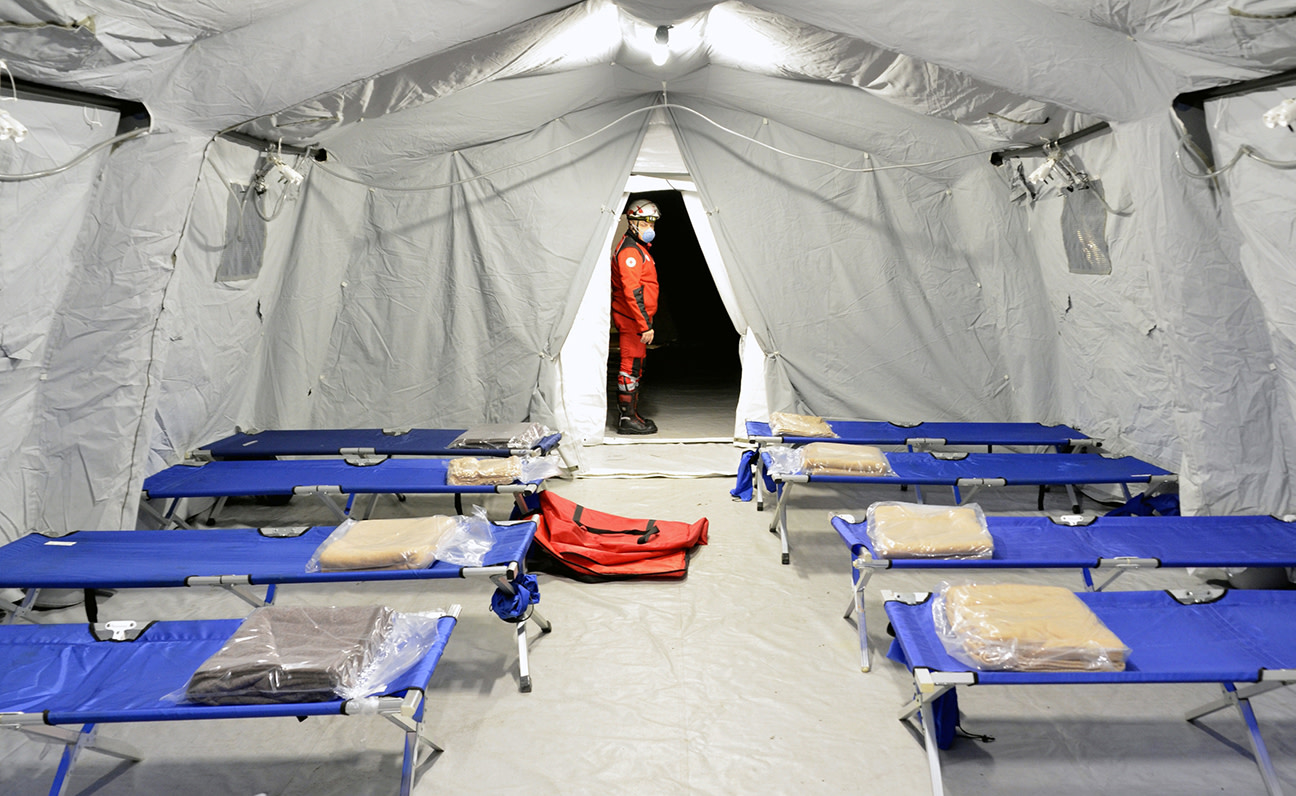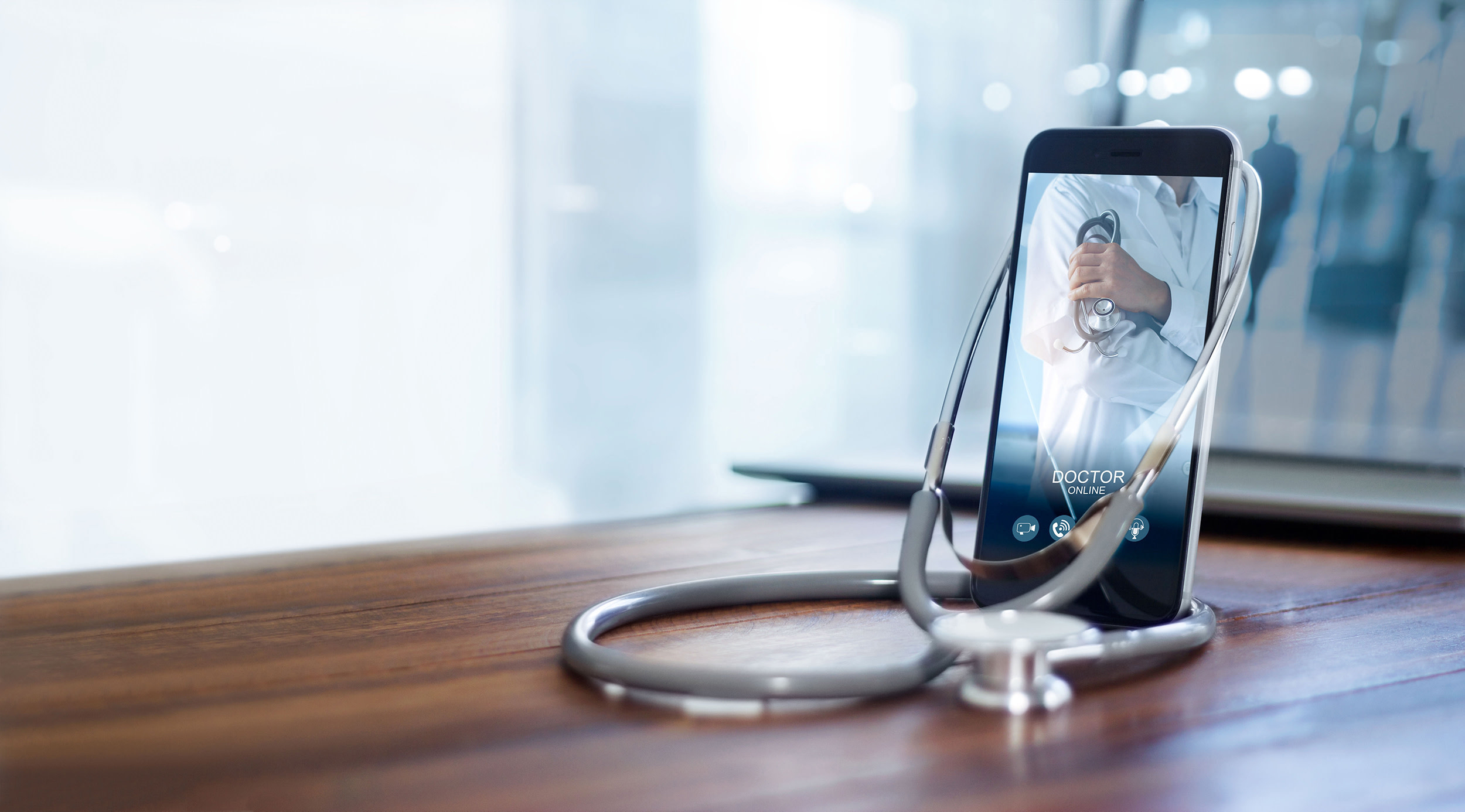The global health sector has experienced several hardships that have challenged its credibility since the inception of modern-day medicine. Crises like the ongoing COVID-19 (Coronavirus disease-2019) pandemic, both government and private agencies all over the world are doing all their best efforts to support the healthcare sector, such as providing financial assistance and workforce support in screening suspected COVID-19 patients and tracking their close contacts to prevent the further spread of the disease.
Australia isn’t exempted from the devastating effects of a public health crisis like COVID-19 . It’s a good thing that advanced technologies, both remote and mobile solutions, are available nowadays that give the health industry members and patients several options to help deal with the unique circumstances brought upon by a crisis.
In this article, you’ll learn the various ways different practitioners may still continue providing healthcare services in times of crisis like the current COVID-19 crisis the world faces today.

1. Putting Up A Mobile Field Hospital
According to a recent international report, Australia has recorded a relatively lower number of COVID-19-related infections and fatalities than other countries from the onset of the pandemic to the present day. However, the nation’s healthcare sector is still practicing strict measures to prepare for the worst-case scenario possible, such as the current Delta variant outbreak.
In times during health crises when hospitals and medical centres get crowded, putting up a mobile field hospital can help solve the problem of few to no hospital beds or vacant rooms available for newly admitted patients, especially those dealing with emergency situations.
So, how do you erect a mobile field hospital? Here are some tips on putting up a mobile field hospital:
- Inspect Its Features
The best features of mobile medical shelters include fully integrated laboratory-tested lighting, electrical, and heating and cooling facilities. In addition, supply packages and customised medical equipment should be available.
It’s advisable to choose a mobile shelter that can be transported through various methods such as rail, parachute, trailer or tractor, helicopter sling, or airplane.
- Weigh In The Benefits
A durable mobile hospital is said to be able to withstand different forces of the elements. Mobile hospital offerings in the market today are believed to hold off strong winds of more than 160 km per hour and almost 5 kg per square inch of snow loads. Look for a mobile health shelter with a temperature- and humidity-controlled space to promote regulated temperatures even in extreme and changing seasons.
- Check The Supplier
Choose a mobile hospital shelter supplier that’s reputable. It means that the company should have a good track record of producing and supplying high-quality mobile shelters and tenting solutions for healthcare providers and others.

2. Offering Telehealth Services
Telehealth or telemedicine services involve using telecommunication solutions that allow long-distance medical consultation without requiring physical interaction. In the past, Australian telehealth services were believed to be only limited to servicing patients who live in remote communities or outside the range of traditional medical service providers.
Many people are now using telehealth services because of following health and safety measures to stop COVID-19, such as social distancing, quarantines, and lockdowns. Today, many general practitioners conduct video consultations that expand the reach of many telehealth services administered by allied health professionals including therapists, specialists, and mental health professionals.
Here are the benefits of telehealth services in administering healthcare to patients in need of care:
- Reduced Waiting Period
Patients were used to waiting outside clinics and outpatient departments for their turn to see a doctor to check their health condition. With telehealth, patients can set up an appointment online to talk to a doctor through video conferencing or phone calls and get expert medical advice.
- Helpful Immediate Medical Attention
Doctors can provide an initial, early diagnosis via remote consultation for patients who reside in an area with no hospitals nearby. These tips may be useful until they find medical help from a provider of their choice.
Also, physicians can provide temporary or short-term solutions for patients while waiting for the ambulance to arrive before hospitalisation for urgent cases.
- Lower Hospital Admissions
Telehealth helps reduce hospital admissions because non-emergency cases such as consultations can be done virtually or remotely using video conferencing applications through the Internet or over the phone.
- Saving Money
While this benefit is the least priority, it’s still good to know that patients can save money from commuting or traveling to the hospital and other related expenses to get a doctor’s advice.
3. Online Drug Prescription
An online drug prescription service refers to the electronic or digital version of the traditional way of prescribing medicines using pen and paper. Using a software program or application, doctors can provide online drug prescriptions with a valid electronic signature attached for the legitimacy of the prescription.
This provides a great benefit for patients. Asking for a refill from a local pharmacy has been made very convenient as the online process cuts down the steps they need to do to acquire their doctor’s prescription.
4. Home Healthcare Services
A home visit from a home care nurse is also another way to provide excellent healthcare services during times of crisis, especially for those who are in aged care . In this way, the patient faces lower health risks while getting the proper attention they need from an expert medical worker.
Home healthcare services may include teaching the primary caregiver of the patient to carry out basic nursing procedures such as feeding an elderly patient via enteral feeding or feeding through a nasogastric tube.
The other home healthcare services patients can take advantage of during a crisis includes the following:
- Home serviced diagnostic procedures such as laboratory procedures and electrocardiogram (ECG);
- Home vaccination for special cases;
- Assistive bedside care and physical therapy; and
- Mental health counselling.
5. Online Healthcare Forums And Groups
Healthcare agencies are now more visible and active in social media platforms and other online channels than ever before. Doctors and other health professionals offer medical advice through these digital solutions by sharing insights, experiences, and expertise. Some offer an interactive experience that allows patients to raise questions that then get answered by available healthcare professionals.
Of course, this method of providing healthcare education doesn’t replace one-on-one consultations. It’s recommended that a patients’ health concerns should be checked by specialised healthcare professionals with appropriate diagnostic procedures and results available before a conclusive diagnosis is made.